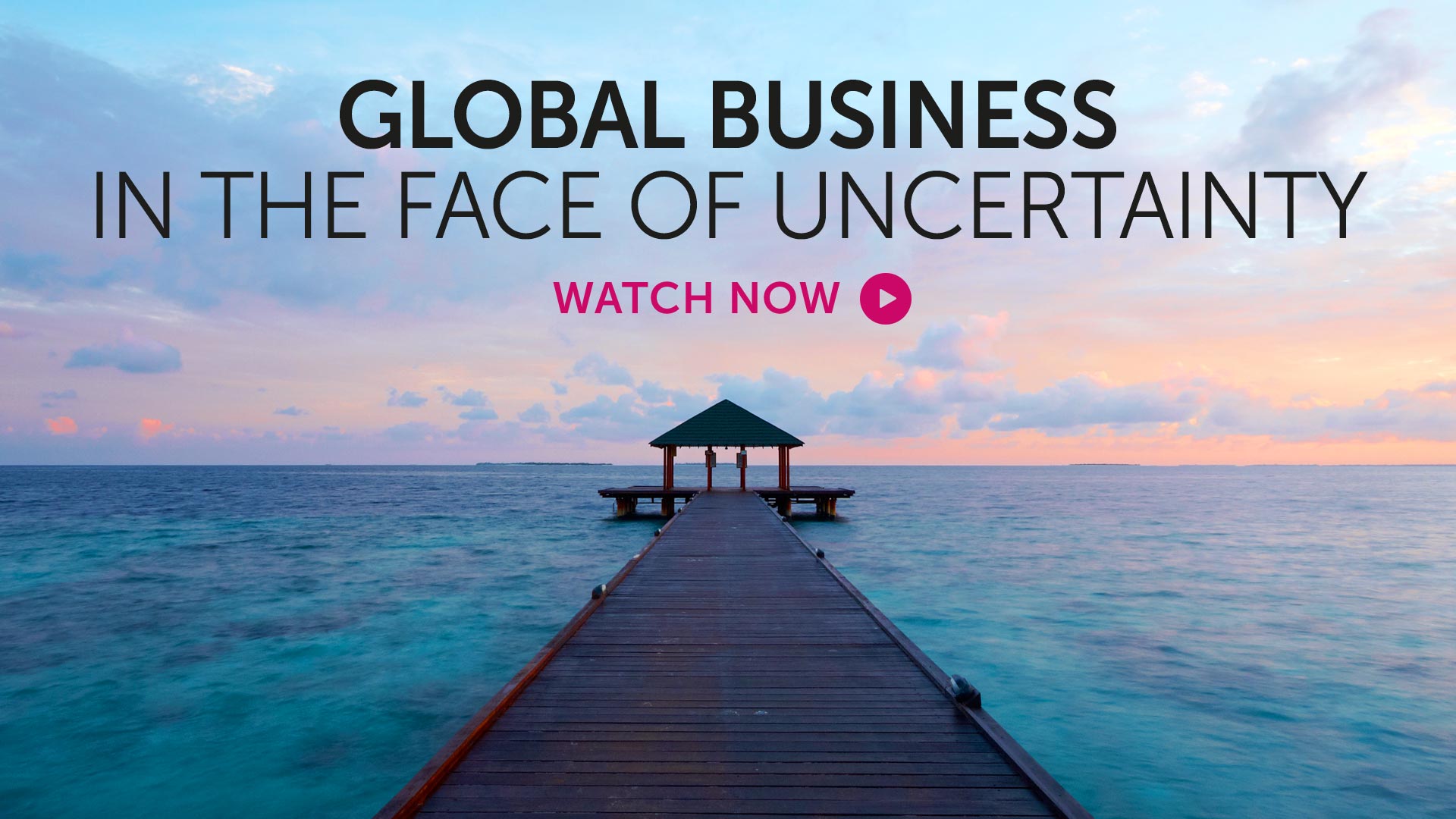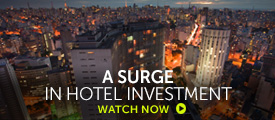According to Hipmunk, an online travel company, one-half of millennials say they’re “travel hackers”, meaning they know the best way to get a good travel deal. Research from Google states that only 23% of leisure travellers are confident they can find all of the same hotel and flight information on their smartphone that they can on their desktop. In the battle for bookings consumer behaviour is being swayed by on-going technological changes, opportunities for efficiency and value, and curiosity about new products.
In these videos experts discuss booking technology:
While the booking portals that travellers are using are changing, booking a holiday is still generally considered a big ticket purchase and requires a lot of consideration, planning and saving. Infact research from WordPay found that in the US, 72% of people still use instalment-based payments for vacation packages.
This also means that travel researchers are using multiple devices to ensure they have the best deal. A report from Google shows 94% of leisure travellers switch between devices as they plan or book a trip, and two thirds of leisure travellers double-check prices on a desktop after shopping.
More and more websites and opportunities for ‘travel hacking’ continue to appear. A website called Dream Cheaper is now even offering to help find travellers a better deal after they have booked.
If you’ve been sent to this page and you’re not yet on the circulation list to receive these regular briefings and you would like to sign up, you can do see here. It’s free.
Video clips produced by ybc.tv for the Hospitality Channel, including interview from industry conferences such as the IHIF conference as well as specific Hospitality Channel shoots.



